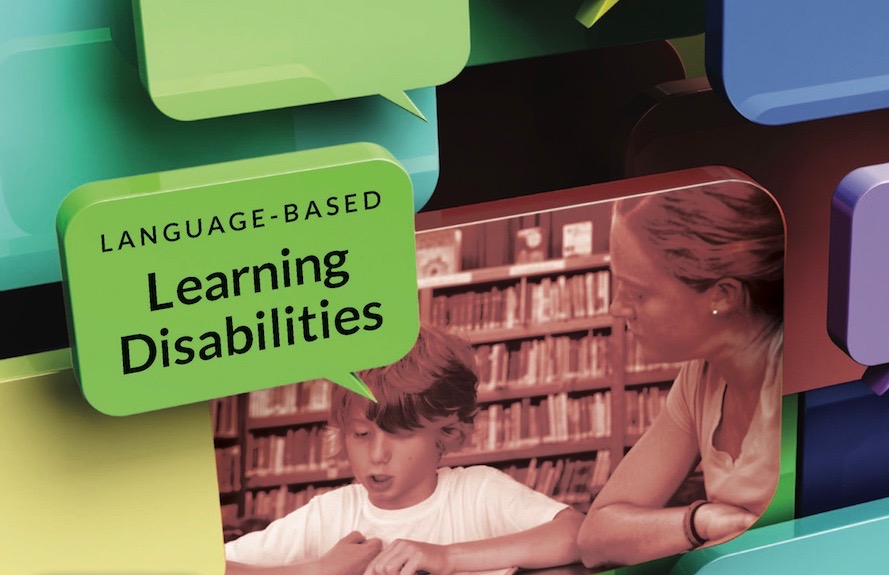Automatization and Academic Efficiency
Teachers can ensure automatization through practice and review. Automatization is exactly what it sounds like—the ability to perform a task without conscious effort. From tying our shoes to scanning the headlines, we depend on automatic skills to get us through our days efficiently. Imagine what mornings would be like if we could not automatically shower, dress, eat, make coffee, and get to work. We’d have to get up hours earlier to review the process for each task, and correct our missteps along the way. We’d start the day tired and stressed, and be less effective in our work and social interactions.
Automatic skills develop over time, with explicit instruction and repetitive practice. The real bonus of automaticity is that as we get “good” at something, our confidence and effectiveness increase far beyond that skill. Why? In addition to saving us time, automatic skills free up focus and working memory so we can engage in tasks requiring conscious effort more easily. So, in the morning, we might sing in the shower, watch the news while we’re making coffee, and plan our weekend while we’re driving to work. The more skills we can automatize, the more ability we’ll have to engage in higher-level thinking, and the less overwhelmed we’ll feel.
This is why we teach our young students to decode text and recall their math facts automatically. Speedy, accurate decoding skills are a major contributor to reading comprehension, just as arithmetic fluency is a significant contributor to mathematical performance. We can facilitate other automatic skills too—if we institute and follow predictable routines. See our downloadable strategies for steps to developing automatic skills.
LANDMARK TEACHING PRINCIPLE™ #4: Ensure Automatization through Practice and Review
Automatization is the process of learning and assimilating a task or skill so completely that it can be consistently completed with little or no conscious attention. Repetition and review (spiraling) are critical. Sometimes students appear to understand a concept, only to forget it a day, week, or month later. It is not until students have automatized a skill that they can effectively remember and use it as a foundation for new tasks. Teachers must therefore provide ample opportunities for students to repeat and review learned material. For example, the Landmark writing process emphasizes practice and consistency. Students always brainstorm, map/outline, draft, and proofread in the same way. This provides them with an ongoing, consistent review of learned skills.
For the full text of Landmark’s Six Teaching Principles™, including “Ensure Automatization through Practice and Review,” click here.



